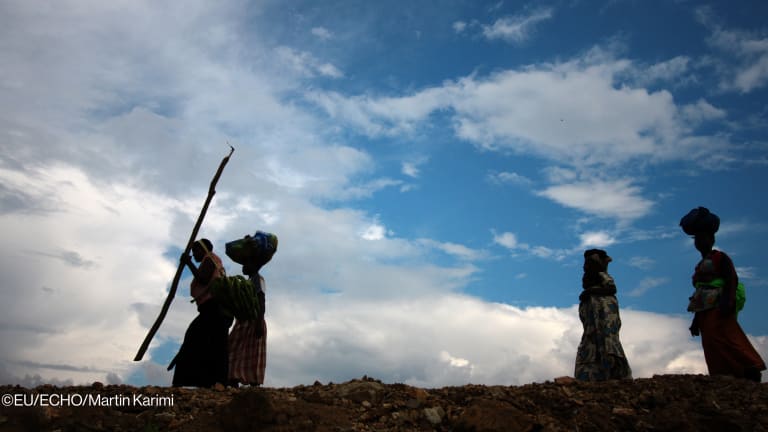The third largest refugee-hosting nation in Africa is unusually welcoming. Refugees in Uganda get a plot of land and are allowed to work, start a business and settle where they want: Many stay for years or even decades. The policy has received high praise from the U.N. refugee agency, which considers prospects for self-reliance and independence in Uganda among the best in the world.
In the settlements, scattered among Uganda’s nine refugee-hosting districts, about 30 percent of refugee funding goes to host communities. Host communities can also access services primarily targeting refugees. Nsamizi, a vocational training institute and UNHCR’s livelihoods partner in Nakivale settlement in the southwest, has worked with some 230 cooperatives in recent years. Nearly a quarter of those cooperatives count both Ugandans and refugees among their members, according to Nsamizi project manager Jimmy Maguru.
It’s a clearer now than ever that refugees are likely in Uganda to stay, and the new Refugee and Host Population Empowerment framework, known as Rehope, could make for more equal treatment of long-term refugees and poor host populations. But the framework will create new coordination challenges, raise new questions around who might lose out and stir possible resistance to changing the status quo.
Search for articles
Most Read
- 1
- 2
- 3
- 4
- 5








